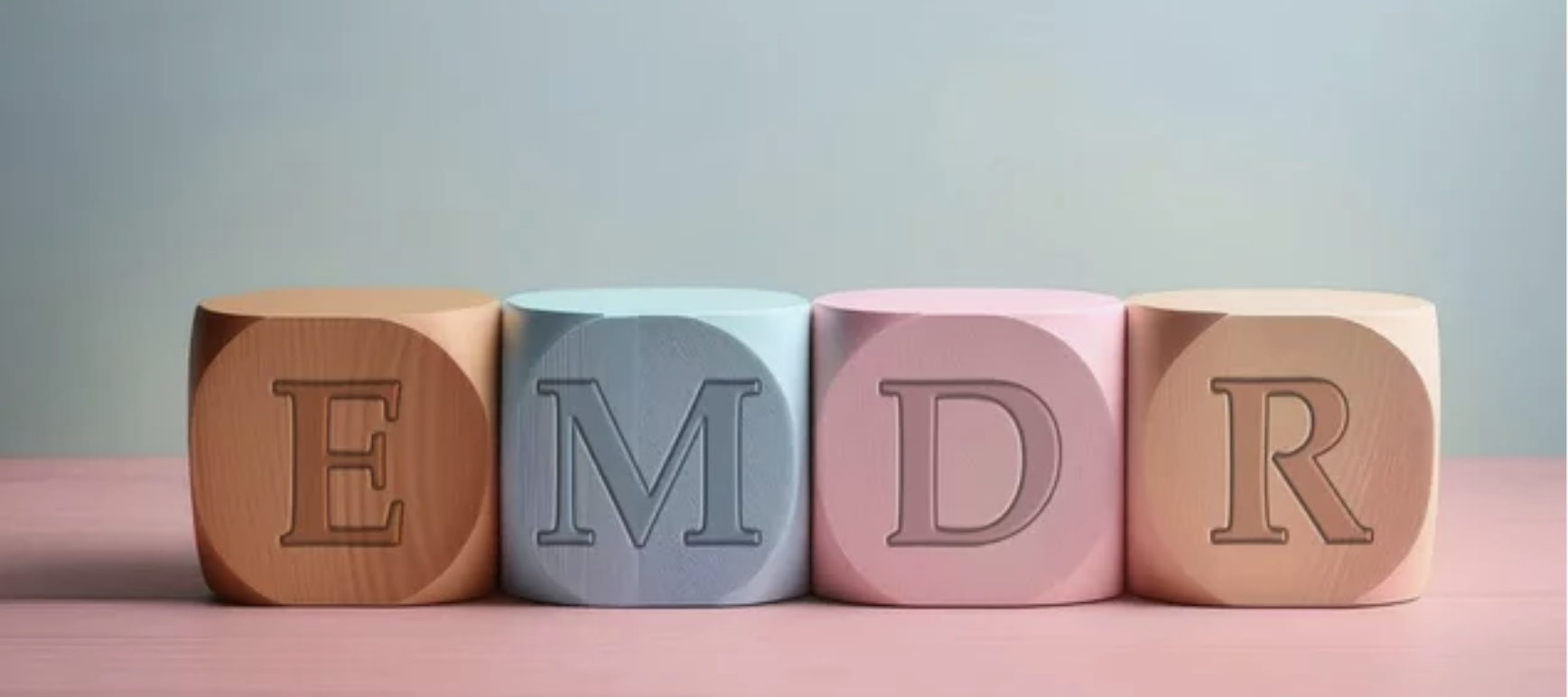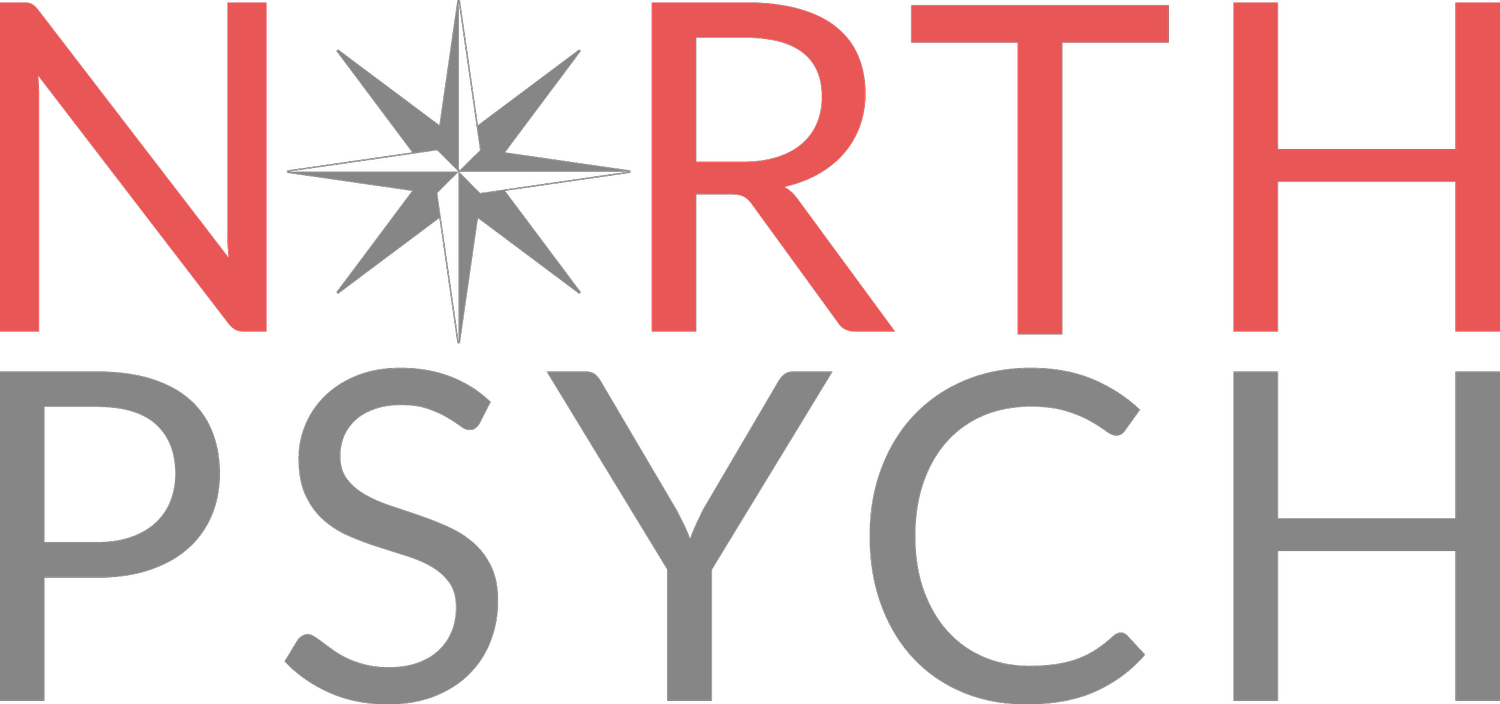
What is EMDR therapy?
Eye Movement Desensitisation and Reprocessing (EMDR) offers a transformative approach to healing that sets it apart from traditional talk therapies. EMDR harnesses the brain’s natural ability to reprocess traumatic memories through bilateral stimulation of your brain, through eye movements, physical tapping or sound.
EMDR is a scientifically validated psychotherapy based on the theory that many mental health issues are rooted in psychological trauma. When we experience distressing or traumatic events, sometimes those memories continue to affect us in the present by negatively impacting the way we think, feel and behave. Imagine your brain holding onto upsetting memories, like a song stuck in your head. EMDR helps "unstick" those memories so they no longer control your life.
What does EMDR therapy involve?
EMDR is a phased therapy that begins with creating trust and rapport with your therapist. Together, you will identify the issues you want to change and create a treatment plan based upon the memories associated with your symptoms. You will also learn emotional regulation strategies that you can use both in your therapy sessions and in your daily life.
During the trauma reprocessing phase, your therapist guides you to think about a troubling memory while you follow a back-and-forth movement with your eyes (such as watching a moving finger or light). This could also involve tapping or sounds. This side-to-side stimulation helps your brain reprocess the memory, gradually making the memory less overwhelming until it no longer creates distress. Many clients also experience new insights and perspectives on the event that leads to deep healing.
What can EMDR help with?
Post-Traumatic Stress Disorder (PTSD): EMDR has the strongest evidence base for treating PTSD and other trauma disorders.
Anxiety Disorders: Conditions like social anxiety, panic disorder or phobias are often brought on by negative past experiences. EMDR can reduce anxiety by reprocessing the memories of these experiences.
Depression: Depression is often linked to adverse life events. EMDR processes memories of the events that contribute to depressive symptoms and helps replace negative beliefs with more adaptive ones.
Obsessive-Compulsive Disorder (OCD): OCD involves intrusive thoughts and repetitive behaviours that are sometimes linked to distressing events. EMDR targets these memories to reduce the intensity of obsessive thoughts and compulsive behaviours.
Addiction: Addictive behaviours are most often a coping strategy for the psychological effects of trauma. EMDR processes the underlying traumatic memories that drive addiction, reducing the need to rely on these behaviours.
Grief and Loss: EMDR processes painful memories of loss (e.g., a loved one’s death). This can ease guilt, regret and other unhelpful beliefs, leading to acceptance.
Why choose EMDR over other therapies?
Accelerated Healing: EMDR can deliver noticeable improvements in fewer sessions than traditional therapies. By leveraging bilateral stimulation (e.g. eye movements), EMDR targets distressing memories directly and bypasses extensive verbal exploration. Often clients who have been in talk therapy for years turn to EMDR after their progress stalls or they fail to notice any meaningful improvements.
Long-Lasting Results: EMDR is scientifically validated to create sustained emotional and cognitive improvements. Clients maintain benefits long after therapy ends and have a reduced chance of their trauma symptoms returning, compared to other therapies.
Holistic Approach: EMDR engages the brain’s natural reprocessing mechanisms and addresses the physical manifestations of trauma (e.g., hyperarousal). Unlike cognitive therapies that rely on logical analysis and verbal reasoning, EMDR rewires the brain and body to unlock deeper healing.
Safer Therapeutic Experience: EMDR minimises the need to dwell on traumatic details, which lowers the risk of emotional overwhelm compared to talk therapies that often require detailed verbal recounting.
Our EMDR therapist
Dr. Julia Garami
Clinical Psychologist
BA(Hon), M. ClinPsych, PhD, MAPS

